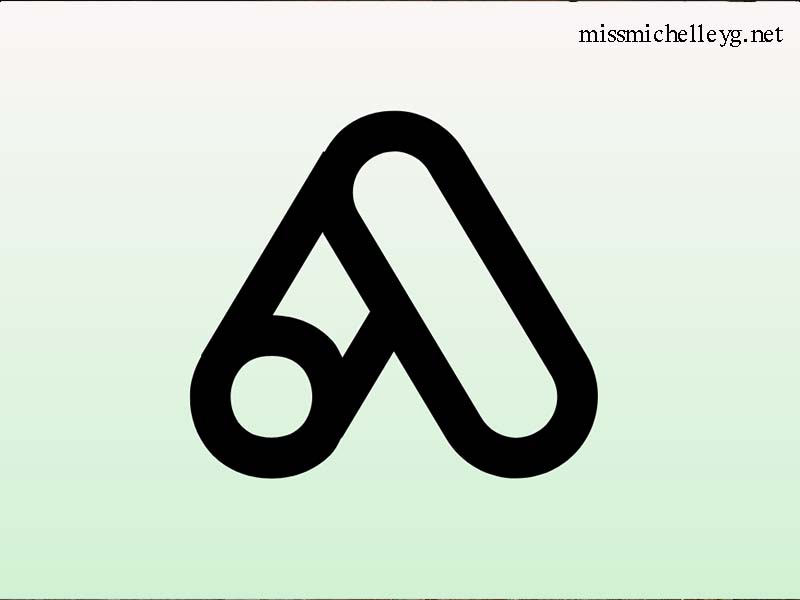Google Ads is one of the most powerful platforms for online advertising, allowing businesses to reach potential customers through targeted ads. One key element of a successful Google Ads campaign is the effectiveness of the titles used in these ads. When optimized properly, performances titres annonces Google Ads (Google Ads titles performance) can significantly enhance the click-through rate (CTR), quality score, and ultimately, the conversion rates of campaigns.
In this article, we will explore how to optimize Google Ads titles to boost ad performance, align with Google’s SEO-friendly practices, and drive better campaign outcomes. We’ll also cover important strategies, tips, and tricks for ensuring that your titles are crafted to resonate with your target audience, leading to enhanced overall performance.
Understanding the Role of Titles in Google Ads
Titles are one of the first things users notice in a Google ad. They are typically bold, prominently placed, and serve as the headline that draws attention. This is why performances titres annonces Google Ads should never be underestimated. The title of an ad serves several purposes:
- Grabbing attention: A well-written, attention-grabbing title encourages users to stop scrolling and take notice.
- Relevance: Titles need to align with what users are searching for. This boosts the ad’s relevance score, which is essential for improving ad quality.
- Encouraging clicks: Titles influence whether a user decides to click on the ad or not. A compelling title that aligns with the user’s intent will likely have a higher CTR.
When considering performances titres annonces Google Ads, it’s important to create titles that not only align with user intent but also with Google’s ever-evolving algorithms.
Key Factors that Impact Performances of Google Ads Titles
When crafting titles for Google Ads, several factors come into play that directly affects their performance. Some of the most crucial elements to keep in mind are:
- Keyword Relevance Keywords play a critical role in the success of your Google Ads titles. By including relevant search terms in your titles, you increase the chances of matching user intent. For example, using highly searched keywords such as “best,” “buy,” or “cheap” combined with your product or service name can make the title more appealing. By incorporating Performances Titres Annonces Google Ads keywords, you make sure your ad stands out in the search results.
- Ad Quality Score The quality score is one of the most important metrics in Google Ads. It directly impacts how often your ads appear in searches and at what cost. Titles that are relevant to the search query, well-written, and have a strong CTR will contribute to a higher quality score. Google’s algorithm rewards ads that meet the user’s needs and intentions, so having a clear, relevant, and keyword-rich title improves the ad’s overall performance.
- Character Limits Google Ads titles have character limits that you must adhere to. Each title can have up to 30 characters, and you can use up to three titles in each ad. This means you have to be concise while still ensuring that your message is clear. Take full advantage of all available characters, but don’t sacrifice clarity for the sake of length.
- Ad Copy A/B Testing Testing different versions of your titles is crucial for optimizing performance. With A/B testing, you can compare multiple variations of titles to determine which version performs better. Continuously refine your titles by analyzing performance metrics such as CTR, conversion rate, and quality score.
- Emotion and Call-to-Action Using emotions in your Google Ads titles can increase engagement. Titles that evoke curiosity, urgency, or excitement often perform better than those that are purely informational. Additionally, adding a clear call-to-action (CTA) in the title encourages users to take the next step. For instance, titles like “Buy Now,” “Limited Offer,” or “Exclusive Deal” often prompt users to click.
Best Practices for Crafting Effective Google Ads Titles
Creating effective Google Ads titles requires a combination of creativity, keyword research, and an understanding of your audience. Here are some best practices that will help improve your performances titres annonces Google Ads:
- Understand Your Audience’s Search Intent Before writing your titles, it’s essential to understand what your audience is searching for and why. Are they looking for information, a product to purchase, or a service? Craft titles that directly address their search intent. For example, if someone is searching for a local service, a title like “Affordable Plumbing Services Near You” is more likely to catch their attention than a generic title.
- Incorporate High-Performing Keywords Perform keyword research to identify the highest-performing keywords for your ad. These should be included in your titles to match search queries more closely. Tools like Google Keyword Planner or SEMrush can provide valuable insight into the most relevant keywords. Include your focus keyword, Performances Titres Annonces Google Ads, along with other related keywords to increase visibility.
- Utilize Dynamic Keyword Insertion (DKI) Dynamic Keyword Insertion allows you to customize your ad titles based on the specific search term the user entered. This automatically adjusts the title to include the exact keyword the user typed, making the ad feel more personalized and relevant. This tactic improves both CTR and ad relevance.
- Focus on Benefits and Value Proposition Your ad title should quickly communicate the value of your offering. Highlight the benefits of your product or service rather than just the features. For example, instead of simply stating “New Vacuum Cleaner,” a more compelling title would be “Powerful Vacuum Cleaner for Deep Cleaning.” This focuses on the benefit the user will receive.
- Leverage Ad Extensions While not part of the title directly, ad extensions such as sitelinks or callout extensions can complement your title and improve overall ad performance. These extensions give users additional information and more reasons to click on your ad. Combining a compelling title with relevant ad extensions can increase visibility and engagement.
Common Mistakes to Avoid in Google Ads Titles
Even the most experienced advertisers can make mistakes that negatively impact ad performance. Avoid these common pitfalls when crafting your Google Ads titles:
- Keyword Stuffing While it’s important to include keywords in your title, overloading your title with too many keywords can make it feel unnatural or spammy. Keyword stuffing can also negatively affect your quality score, leading to lower ad performance. Focus on creating titles that read naturally while still being optimized for relevant search terms.
- Vague or Misleading Titles Titles should accurately represent what your ad is promoting. Misleading titles that promise something your product or service doesn’t deliver can lead to high bounce rates and wasted ad spend. Be clear and truthful in your messaging to ensure that users who click on your ad are genuinely interested in what you offer.
- Ignoring Mobile Optimization Many users now search on mobile devices, so it’s crucial to create titles that work well on smaller screens. Ensure that your titles are clear and concise enough to be fully displayed on mobile devices without being cut off. Use simple, impactful language that gets your message across quickly.
- Neglecting Competitor Analysis It’s important to stay aware of what your competitors are doing. Analyze the titles they are using in their Google Ads and see how you can differentiate your titles. Standing out in a crowded market is key to gaining a competitive edge.
Tracking and Measuring Performance of Google Ads Titles
To ensure that your Google Ads titles are performing optimally, it’s important to track and measure their success. Google Ads provides several metrics that you can use to evaluate the effectiveness of your ad titles:
- Click-Through Rate (CTR): A high CTR indicates that your title is successfully attracting attention and encouraging clicks. If your CTR is low, it may be time to test new title variations.
- Conversion Rate: The ultimate goal of any ad campaign is to drive conversions. Track how many users are taking action after clicking on your ad, whether that’s making a purchase, signing up for a service, or filling out a form.
- Quality Score: Google Ads assigns a quality score to each ad, which impacts how often your ad is shown and the cost-per-click (CPC). Titles that are highly relevant to the user’s search query will contribute to a higher quality score.
- Cost-Per-Click (CPC): Titles that drive high performance can reduce the overall cost of your ads. If your CPC is high, optimizing your titles for better relevance and CTR can help lower your ad spend.
Conclusion
Mastering performances titres annonces Google Ads is a critical step in optimizing your Google Ads campaigns. By focusing on relevance, keyword incorporation, and crafting compelling, clear, and engaging titles, you can significantly improve your ad performance. Continuously test, track, and refine your titles to ensure they are meeting user intent and driving desired results.






